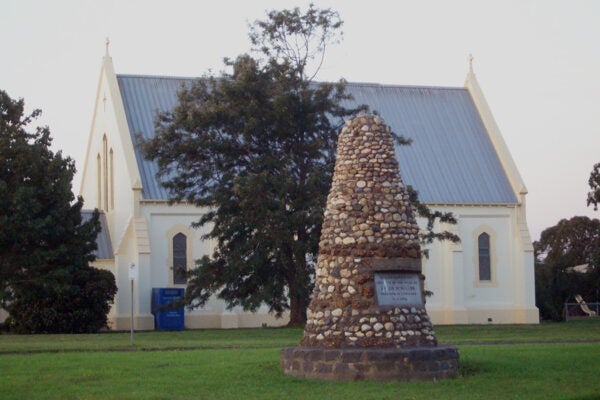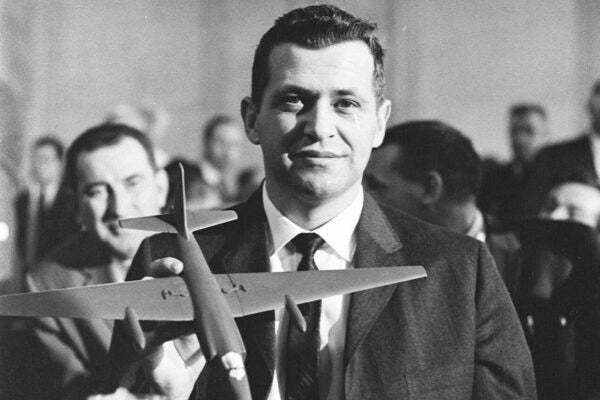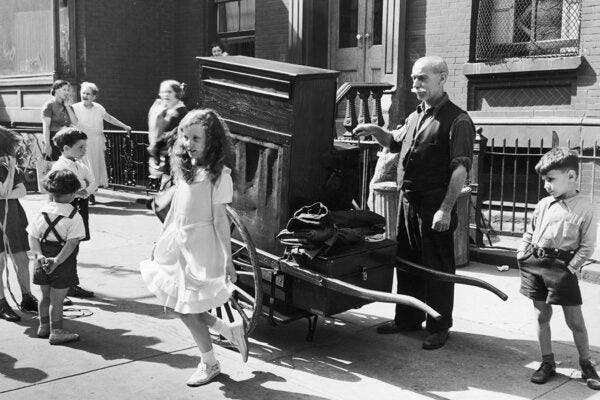When the Dust Settles in Colonial Manchurian Writing
Takagi Kyōzō makes heavy use of natural imagery to decry the miserable status of the settler colonist population in Japanese-occupied Manchuria.
The Committed Officers of Argentina’s Dirty War
The viciousness of Argentina’s Dirty War resulted not only from orders from above but from ideological buy-in at the ground level.
Founding Murderers vs. Founding Fathers in Australia
Eighteen stone cairns were set up in 1926 to mark the route purportedly taken by Angus McMillan into Gunaikurnai Country in 1840. Should they remain?
Unforgettable Fire: The U-2 Incident
Reports on the May 1960 downing of an American U-2 spy plane over the Soviet Union offer a case study in Cold War posturing and misdirection.
A War on Street Music in NYC
In the New Deal era, New York City banned street musicians, classifying them as beggars. Some New Yorkers fought back.
The Radioactive Reindeer Problem
Cold War nuclear testing left troubling levels of Cesium-137 in caribou, prompting years of research into Arctic fallout and its risks to human health.
A Secret Cipher for the KKK
How did the Ku Klux Klan spread across the South? Part of its journey depended on a code for secret correspondence.
Marriage and the Maiden Name
While many women trade surnames they had at birth for their husbands’, some hold on tightly to the former, a tradition famously established by Lucy Stone.
Bermuda: The Long and the Shorts of It
A tiny Atlantic outpost once central to Britain’s colonial world, Bermuda’s calm seas conceal centuries of trade, slavery, and superstition.
The Case for a Public Social Media Platform
Artist and writer Joshua Citarella explores why corporate platforms corrode democracy—and what a postal-service-style digital commons could do differently.









